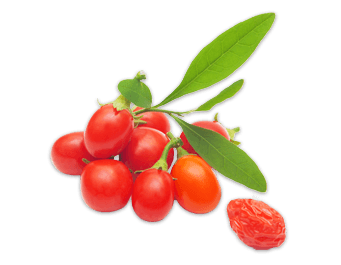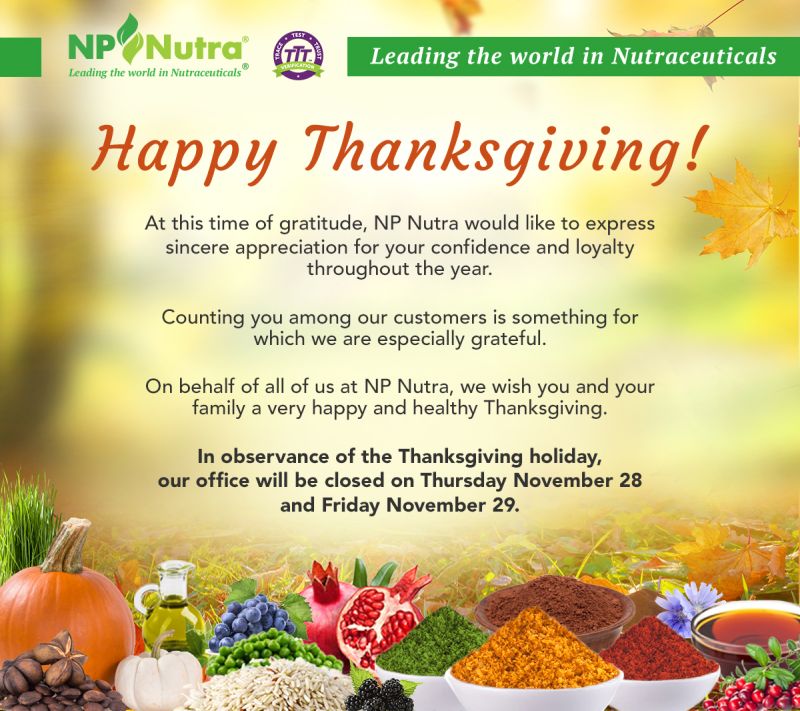
Goji berries, tiny bright red-orange fruit native to China, were popular in Asia for thousands of years before they were introduced to the western world in the early 21st century. Are you wondering why the Goji berry continues to grow in popularity and maintain a high-ranking position in the functional food and beverage industry?
According to a 2018 Mintel study on global food and beverage trends, over the past five years consumer focus has been moving towards products which promote healthy aging and longevity, while simultaneously being nutrient-rich and flavorful. As the world population continues to age, the emphasis on health and wellness will remain at the forefront of successful product development.

Antioxidant-rich Goji berries have been the subject of many scientific studies published in recognized journals around the world. A rich source of polysaccharides, Goji berries are also one of the richest food sources of carotenoids (a better source than even carrots), including beta-carotene and zeaxanthin. They contain beta-sitosterol and nineteen amino acids, including all nine essential amino acids. In addition, they are rich in potassium, contain complex B-vitamins, have higher levels of vitamin C than oranges and contain 21 trace minerals, including germanium, a trace mineral rarely found in foods.
NP Nutra’s Goji Powder 45% is a mostly soluble, yellow-red powder that is Kosher, Food grade and produced in a BRC certified facility. It is used in a variety of functional food and beverage applications including smoothies, oatmeal, yogurt, baked goods, nutritional drink mixes, desserts and sweet sauces. Goji powder is also added to dietary supplements, pet food products, and cosmetic and beauty formulations like creams, lotions and other skin-beautifying products.
Take advantage of our special price on current stock while it lasts. Ask your account manager for more information and to request a sample.

References:
https://www.mintel.com/press-centre/food-and-drink/mintel-announces-three-global-food-and-drink-trends-for-2019
https://www.ncbi.nlm.nih.gov/pmc/articles/PMC6343173/






